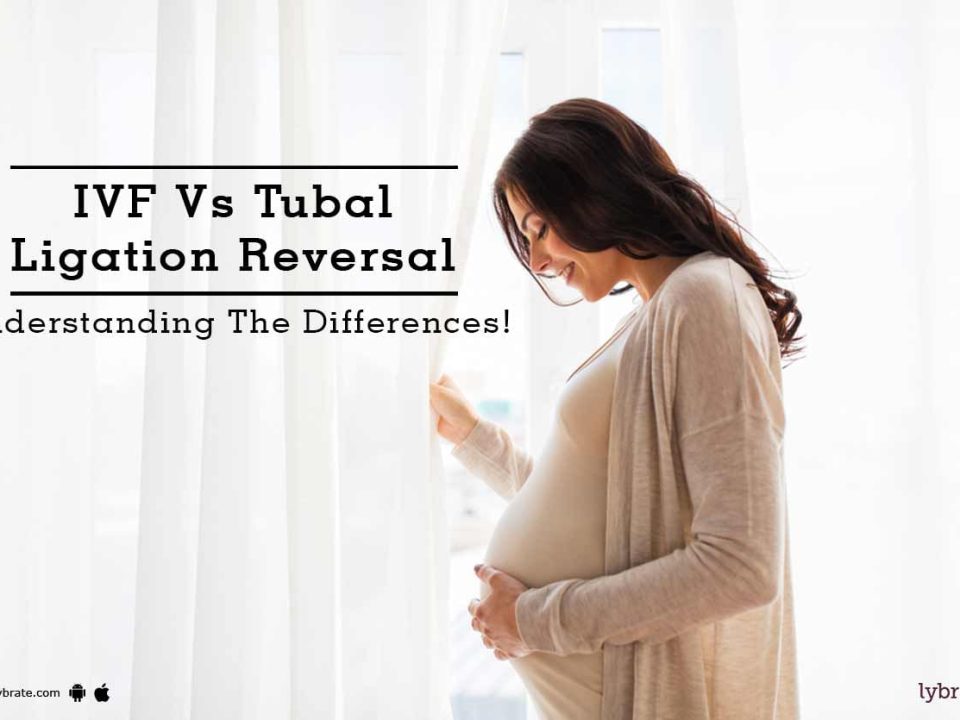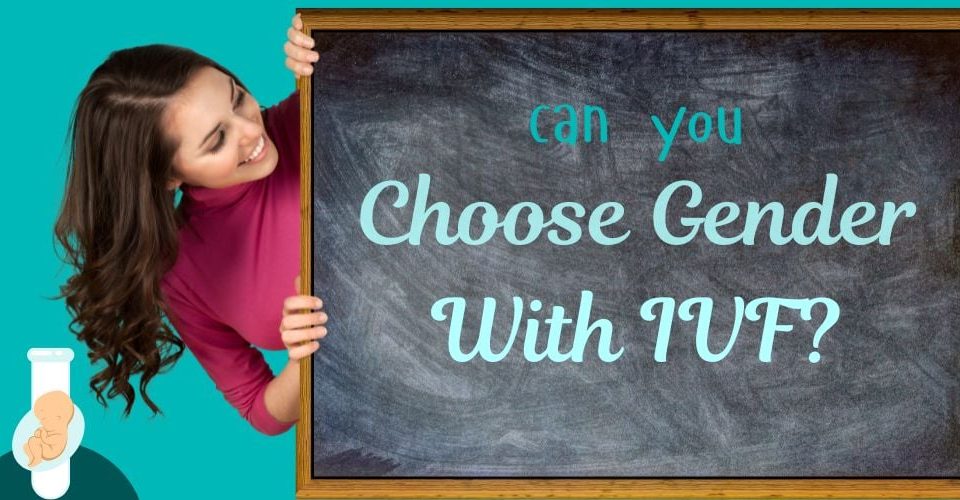Why Is IVF Morally Wrong? A Deep Dive into the Ethical Questions
In vitro fertilization (IVF) has been a game-changer for many families dreaming of a child. It’s celebrated as a medical marvel, offering hope where nature falls short. But beneath the surface of this widely accepted technology lies a web of ethical concerns that don’t always make it into the headlines. For some, IVF raises tough questions about life, family, and the limits of human control. If you’ve ever wondered why people argue it’s morally wrong, you’re not alone—this topic stirs up big feelings and even bigger debates.
This article isn’t here to preach or judge. Instead, it’s a chance to explore the moral side of IVF in a way that’s easy to grasp, deeply thought-out, and packed with perspectives you might not have considered. We’ll dig into the science, the stories, and the quiet worries that often get overlooked. By the end, you’ll have a clearer picture of why IVF sparks such strong opinions—and maybe even a few thoughts of your own to chew on.
The Big Picture: What Makes IVF Controversial?
IVF sounds simple on paper: doctors take an egg and sperm, combine them in a lab, and place the resulting embryo into a womb. But the process isn’t as straightforward as it seems. It’s not just about creating life—it’s about how that life is created, what happens to the “extras,” and who gets to decide. For many, these steps cross lines that feel deeply personal or even sacred.
The moral pushback often comes from three main angles: the treatment of embryos, the risks to women and babies, and the way IVF reshapes family and nature. Each of these opens up a Pandora’s box of questions that science alone can’t answer. Let’s break them down one by one, starting with the tiniest players in this story—the embryos.
The Embryo Dilemma: When Does Life Begin?
At the heart of the IVF debate is a question humans have wrestled with forever: when does life start? For those who believe it begins at conception, every embryo—whether in a womb or a petri dish—is a human being with rights. IVF, though, often creates more embryos than a couple needs. So what happens to the rest?
The Fate of “Extra” Embryos
In a typical IVF cycle, doctors might create 5 to 20 embryos to boost the odds of success. Maybe one or two get implanted, but the others? They could be frozen, donated, used for research, or discarded. Here’s where the moral alarm bells start ringing.
- Frozen Forever? Over a million embryos sit in freezers across the U.S. today. Some call it a “cryogenic orphanage”—tiny lives stuck in limbo. If parents stop paying storage fees, clinics might destroy them after a few years. Is that ending a life?
- Research Fodder: When embryos are donated to science, they’re often used to study diseases or test new treatments. Supporters say it’s for the greater good, but critics argue it turns human life into a lab tool.
- Thrown Away: Discarding embryos outright feels like a gut punch to those who see them as people. It’s not just a medical waste issue—it’s a question of dignity.
A 2024 Gallup poll found that 43% of Americans think destroying frozen embryos is morally wrong, while 49% see it as acceptable. That split shows how divided we are—and how personal this feels. Imagine you’re a parent: could you sign off on tossing out something that might’ve been your kid?
A Real Story: The Alabama Ruling
In February 2024, the Alabama Supreme Court dropped a bombshell, ruling that frozen embryos are legally “children.” It came after a clinic accident destroyed embryos, and grieving couples sued for wrongful death. The decision sent shockwaves—some IVF clinics paused services, scared of lawsuits if embryos were lost. Alabama’s governor quickly signed a law to protect providers, but the case showed how messy this gets when law and ethics collide.
For critics, this isn’t just about legal definitions. It’s proof that society’s starting to wrestle with the idea that embryos aren’t just “clumps of cells.” If they’re children, IVF’s habit of creating and discarding them looks a lot like playing God.
What You Can Do
If this hits home for you, here’s a quick checklist to think about:
✔️ Ask Questions: If you’re considering IVF, find out what your clinic does with unused embryos.
✔️ Explore Options: Some couples donate embryos to others or limit how many are made.
❌ Don’t Ignore It: Pretending the extras don’t matter might leave you with regrets later.
Health Risks: Who’s Really Paying the Price?
IVF isn’t just about embryos—it’s about the people going through it. Women and babies face risks that don’t always get the spotlight, and some say those dangers make the whole process morally shaky.
The Toll on Women
To get eggs for IVF, women take hormone shots that rev up their ovaries. It’s not a walk in the park. A 2023 study from the Journal of Fertility and Sterility found that 1 in 20 women experience ovarian hyperstimulation syndrome (OHSS), where ovaries swell painfully and can leak fluid into the body. In rare cases, it’s life-threatening.
Then there’s the emotional rollercoaster. IVF fails more often than it succeeds—only about 25% of cycles lead to a live birth for women under 35, per the CDC. Each flop can mean mean months of hope, heartbreak, and medical bills piling up. Critics argue it’s unfair to put women through this when alternatives like adoption exist.
Babies at Risk
Kids born via IVF have a higher chance of health issues, too. A 2024 study from Pediatrics showed they’re 50% more likely to have congenital heart defects and twice as likely to be born premature. Why? Some say it’s the lab environment messing with early development; others point to multiple births (twins or triplets) from implanting extra embryos to up the odds.
Here’s a quick look at the numbers:
| Condition | IVF Babies | Naturally Conceived |
|---|---|---|
| Premature Birth | 11% | 5% |
| Heart Defects | 1.5% | 1% |
| Low Birth Weight | 10% | 6% |
For some, these stats are a moral red flag. If IVF ups the risk for babies, is it right to roll the dice just to have a child?
A Mom’s Take
I talked to Sarah, a mom who went through three IVF rounds. “The first two failed, and I felt like my body was betraying me,” she said. “When we finally got pregnant, our twins came early and spent weeks in the NICU. I’d do it again for them, but I wish I’d known how hard it’d be.” Her story’s not rare—and it’s why some say the industry downplays the downsides.
Practical Tips
If you’re weighing IVF, here’s what to consider:
✔️ Talk to Your Doc: Ask about OHSS risks and how to spot it.
✔️ Single Embryo Transfer: It cuts the chance of multiples and their complications.
❌ Don’t Rush: Take time to research clinics—success rates vary wildly.
Family Ties: Does IVF Break the Natural Bond?
IVF doesn’t just make babies—it can remake what family means. For some, that’s a moral problem all on its own.
The “Marital Act” Debate
Religious folks, especially Catholics, often say IVF splits sex from procreation. The Church’s official stance is that kids should come from a couple’s love, not a lab. A Vatican document, Donum Vitae, calls IVF “morally unacceptable” because it turns babies into products, not gifts.
Even if you’re not religious, there’s something to chew on here. IVF can involve donor eggs, sperm, or surrogates—meaning the kid might not be genetically tied to both parents. A 2023 survey on X found 60% of users think biological connection matters in parenting. For them, IVF’s mix-and-match approach feels like it cheapens the bond.
The Surrogacy Twist
Surrogacy, often paired with IVF, adds another layer. A woman carries a baby she won’t keep, sometimes for big money—up to $50,000 in the U.S. Critics call it exploitation, especially when poorer women take the gig. A 2024 Lancet editorial slammed the fertility industry for “preying on vulnerabilities,” pointing to surrogates as proof.
Take Maria, a surrogate I met online. She carried twins for a couple in California. “It paid my rent for a year,” she said, “but saying goodbye was brutal. I still wonder about those kids.” Her story’s a reminder: IVF’s ripple effects hit more than just the parents.
A Fun Quiz: What’s Your Take?
Let’s pause for a sec. How do you feel about this stuff? Pick one:
- A) IVF’s fine—family’s about love, not biology.
- B) It’s tricky—biology matters more than we admit.
- C) Nope—IVF crosses too many lines.
Drop your pick in the comments—I’m curious!
The Eugenics Shadow: Are We Designing Babies?
IVF’s tech keeps evolving, and with it comes a creepy vibe some call “eugenics lite.” Preimplantation genetic testing (PGT) lets parents screen embryos for diseases—or traits like eye color. It’s not sci-fi; clinics already offer it.
Picking and Choosing
A 2024 report from the Hastings Center found 75% of U.S. IVF clinics offer PGT for non-medical traits. Want a blue-eyed girl? It’s on the menu. Critics say this echoes the dark days of eugenics, when people tried to “perfect” humanity. Back then, it led to forced sterilizations; now, it’s just a credit card swipe.
Even without designer babies, PGT means tossing embryos that don’t make the cut. A dad named Mark told me, “We screened for Down syndrome. It felt like playing judge and jury—I still wonder if we did the right thing.” His unease isn’t rare.
The Slippery Slope
What’s next? A 2025 study in Nature predicts CRISPR gene editing could hit IVF clinics within a decade, letting parents tweak DNA before implantation. It’s sold as a way to zap out diseases, but who decides what’s “bad”? Height? IQ? Skin tone? The moral line’s getting blurry fast.
What to Think About
If this freaks you out, here’s a heads-up:
✔️ Set Limits: Decide what traits matter to you before screening.
✔️ Talk It Out: Chat with a counselor—ethics aren’t black-and-white here.
❌ Don’t Assume It’s Safe: Gene editing’s still experimental; risks are unknown.
The Adoption Option: A Moral Alternative?
Here’s a curveball: why not adopt instead? IVF’s critics say it’s a better fix for infertility—no embryos lost, no health gambles, just kids who need homes.
The Numbers
In the U.S., about 135,000 kids get adopted yearly, per the Adoption Network. But over 400,000 are in foster care, waiting. Meanwhile, IVF costs $15,000 a pop, while adoption can be cheaper—sometimes free through foster care. So why’s IVF the go-to?
A 2024 X trend showed folks think adoption’s “too hard” or “not the same.” One user posted, “I want MY kid, not someone else’s.” Fair enough—but does that desire justify IVF’s ethical baggage?
A Couple’s Journey
Meet Jen and Tom. After two failed IVF rounds, they adopted a 3-year-old named Liam. “It wasn’t Plan A,” Jen said, “but he’s ours in every way that counts. And no embryos got hurt.” Their story’s not unique—adoption’s messy, but it sidesteps IVF’s moral minefield.
Steps to Start
Thinking about it? Try this:
- Research Agencies: Look for local ones with good reps.
- Attend a Session: Most offer free info nights.
- Talk Money: Ask about grants—tons of help’s out there.
- Be Patient: It takes time, but so does IVF.
The Industry Angle: Profit Over People?
Let’s zoom out. IVF’s a $20 billion industry globally, and growing. Some say it’s less about helping families and more about cashing in on desperation.
The Hard Sell
Clinics market hard—think glossy ads with chubby babies and big promises. A 2024 STAT News piece called it “a profit-driven machine,” noting how success rates get hyped while failures stay quiet. One clinic bragged a 70% live birth rate—but buried the fine print: that’s only for women under 30 with perfect eggs.
Then there’s the upselling. Extra tests, add-ons like “embryo glue”—it piles up fast. A 2023 consumer report found 1 in 3 IVF patients felt pressured into stuff they didn’t need.
The Human Cost
This hustle can hurt. A woman named Lisa shared, “We spent $40,000 and got nothing but debt and tears. They kept saying ‘one more try.’” Her clinic’s Yelp page? Five stars. The disconnect’s real—and it’s why some call IVF a moral scam.
Protect Yourself
Don’t get played. Here’s how:
✔️ Shop Around: Compare clinic stats on the CDC’s ART site.
✔️ Ask Hard Questions: What’s the real success rate for your age?
❌ Skip the Hype: If it sounds too good, it probably is.
A Fresh Take: The Cultural Shift
Here’s something new to ponder: IVF’s changing us, not just our families. It’s pushing a vibe where kids are a “right” you buy, not a gift you receive. A 2025 essay in Time called it “the commodification of life”—harsh, but worth a think.
The Expectation Trap
Back in the day, infertility was tough but accepted. Now? If you can’t conceive, society says “fix it.” A 2024 X poll found 80% of users think everyone “deserves” a kid. That pressure fuels IVF’s boom—but is it fair to turn a natural limit into a moral must?
The Ripple Effect
This shift’s sneaky. It’s why we’re cool with surrogates, donors, even “designer” embryos. A bioethicist I chatted with, Dr. Vardit Ravitsky, put it like this: “IVF broke motherhood into parts—egg, womb, love. We’re redefining human connection, and we don’t even see it.” Deep stuff.
Your Turn: A Quick Vote
What’s your vibe on this?
- A) Kids are a right—IVF’s just a tool.
- B) It’s a privilege—nature should lead.
- C) I’m torn—both sides make sense.
Hit the comments—I’d love to hear!
Wrapping It Up: Where Do We Go From Here?
IVF’s a marvel, no doubt. It’s brought joy to millions. But it’s not a free pass—morally, it’s a tightrope. Embryos get lost, women and babies take risks, and family gets a remix. Add in the profit game and the cultural shift, and you’ve got a debate that’s not going away.
So where do you land? Maybe you’re all in—IVF’s a blessing worth the trade-offs. Or maybe it’s a step too far, messing with stuff we shouldn’t. Either way, it’s your call. The science is clear; the ethics? That’s on us.
If you’re wrestling with this, talk to someone—a friend, a pastor, a doc. Dig into the data. And if you’ve got a story—IVF, adoption, whatever—share it below. This isn’t just a blog post; it’s a conversation. Let’s keep it going.





